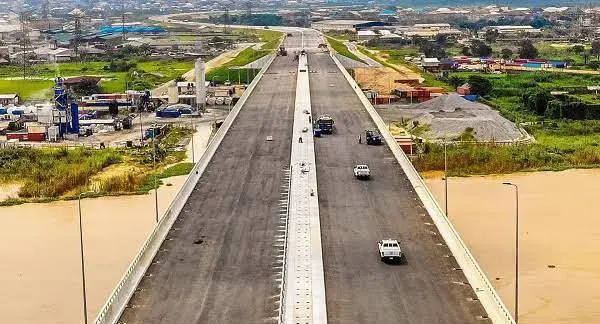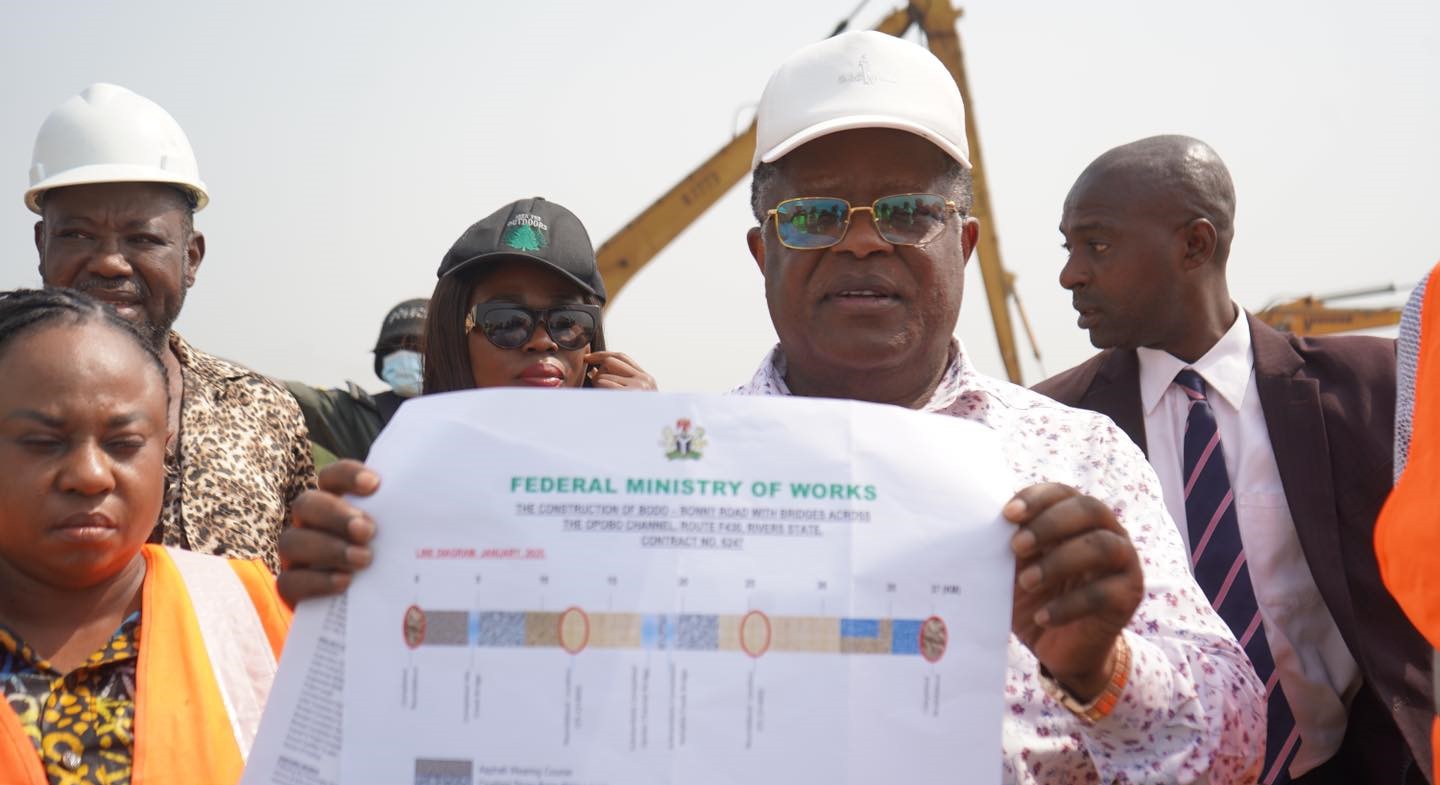The Nigerian government has defended its decision to award the Lagos-Calabar Coastal Highway contract to Hitech Construction Company Ltd., citing the company’s expertise in concrete road paving and its successful bidding for subsequent project sections.
During an inspection tour of the project in Lagos, Minister of Works, Senator Dave Umahi, addressed concerns over the selection process. He explained that Hitech was awarded the first section of the highway through restrictive bidding due to its specialised experience in concrete paving—a method deemed essential for areas with high water tables.
Umahi noted that Hitech had previously handled major concrete road projects, including the reconstruction of the Oworonshoki-Apapa Road, demonstrating its capability in the field.
Responding to criticism about the procurement process, Umahi clarified that Nigerian law permits three types of bidding: restrictive procurement, selective or competitive bidding, and open bidding. Initially, the government sought firms with at least five concrete pavers, a requirement that significantly narrowed the pool of eligible companies.

“When we started this project, we asked for companies that have up to five concrete pavers. You will agree with me that until we started this, the concrete paver was not as common in Nigeria as it is today. We had to look for a company that had done this kind of project before, and that is Hitech,” Umahi stated.
After awarding Section 1 through restrictive bidding, the government adopted selective bidding for Sections 2, 3A, and 3B, allowing multiple firms to compete—Hitech emerged as the winner. Umahi assured that the selection process was transparent and in line with procurement laws, dismissing allegations of undue influence by President Bola Tinubu.
The Lagos-Calabar Coastal Highway, spanning over 700 km, is expected to enhance transportation and stimulate economic growth along Nigeria’s southern corridor.
Awarded under an Engineering, Procurement, Construction, and Financing (EPC+F) model, the contract places most financial and construction risks on the contractor, with the government providing counterpart funding. Construction of the 47.47-km first section in Lagos commenced in March 2024, with 30 km set for completion by May 2025.
However, the project has faced criticism from key figures, including former Vice President Atiku Abubakar and former Lagos ADC gubernatorial candidate Funso Doherty, who questioned the contract’s transparency.
In August 2024, Doherty filed a lawsuit against the Nigerian government, the Bureau of Public Procurement (BPP), and Hitech, arguing that the contract violated the Public Procurement Act and the Environmental Impact Assessment (EIA) Act. He claimed the project was not subjected to open competitive bidding and that construction began without proper environmental assessments.
Doherty’s lawsuit seeks to annul the contract, halt ongoing construction, and enforce an open bidding process for the remaining sections. The case remains unresolved.


 Trending
Trending 